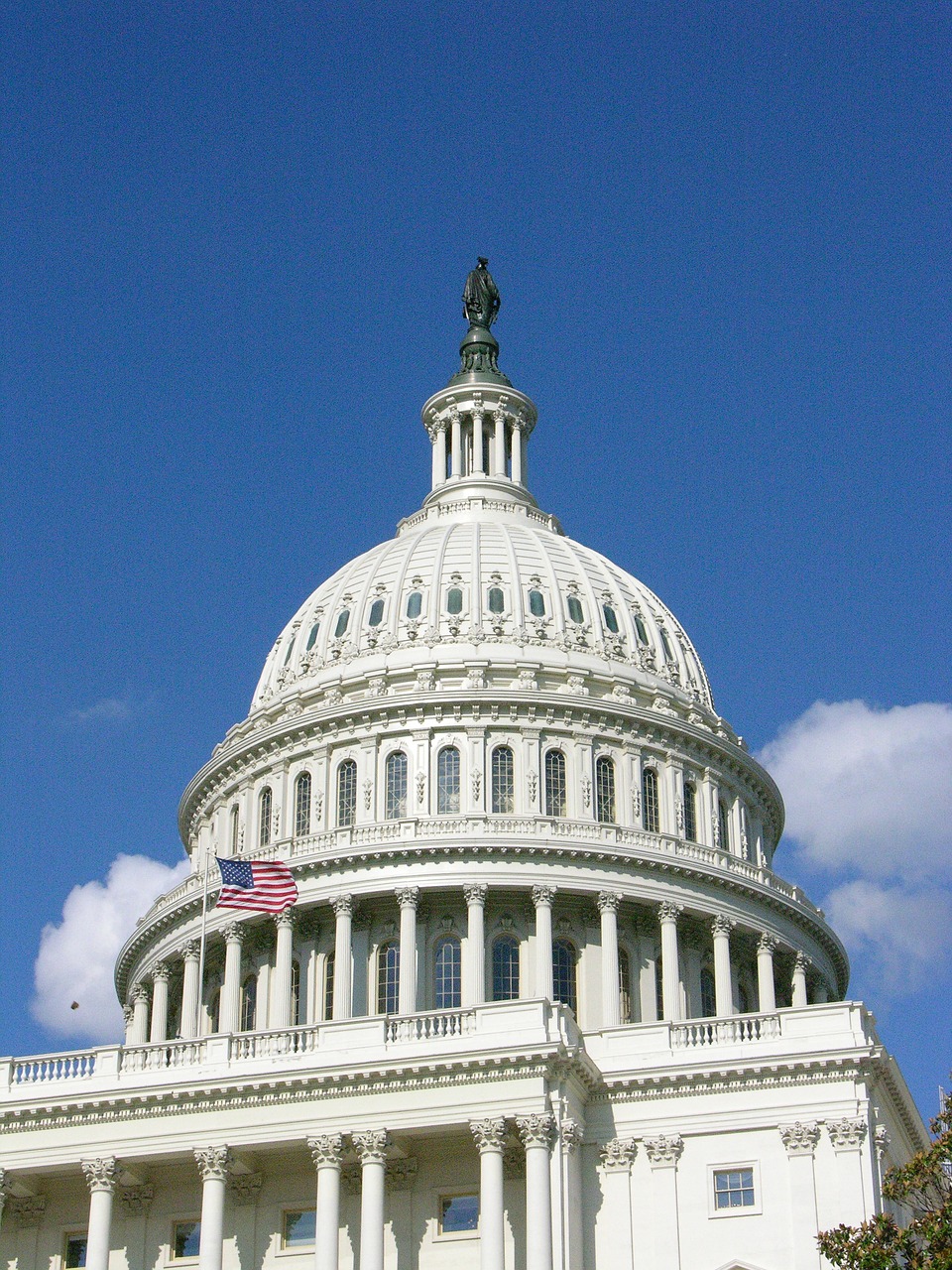
ICMA and the Big 7 national associations of local and state governments sent a letter to U.S. Senate leaders on June 29 urging immediate fiscal relief to local and state governments to address massive revenue shortfalls due to the coronavirus pandemic. More than 170 business, government associations, and labor unions signed on to the letter. Below are the latest developments in Congress:
- The House introduced the bipartisan Lifting Our Communities through Advance Liquidity for Infrastructure (LOCAL Infrastructure) Act, which would amend the federal tax code to restore the ability of local governments to advance refund bond debt and reduce borrowing costs. Prior to passage of the Tax Cuts and Jobs Act of 2017, municipalities saved more than $14 billion by advance refunding bonds between 2012-2017. Read more.
- The House also passed H.R 2, the Moving Forward Act. The $1.5 trillion bill extends enacted levels for highways, transit, and safety programs for FY2020-FY2021. It reauthorizes several surface transportation programs for FY2022-2025 and includes investments in mass transit, clean energy, wastewater and drinking water programs, as well as modernization of the electric grid. It has a provision that would permanently reinstate advance refunding of municipal bonds.
- The Senate departed for a two-week recess without taking action on a fourth stimulus bill.
New Guidance from FEMA on cost share and FAQs from Treasury
- On June 24, the Department of Treasury updated guidance for the Coronavirus Relief Fund FAQ. The most notable update is that local governments can use Coronavirus Relief Fund dollars to meet their 25% FEMA cost share. Other clarifications address issues such as the eligibility of funds for nonprofits, the Stafford Act, application procedures, and public safety payroll expenses. View the updated FAQ document.
- The Treasury Department also revised Coronavirus Relief Fund guidelines on July 1, amending definitions and guidance on qualifying expenses incurred in responses to COVID-19. View the updated guidance.
- On July 2, the Federal Emergency Management Agency (FEMA) released clear guidance on how FEMA will treat the multiple sources of funding as they relate to the public assistance program and its cost share requirements. Generally, funding from other federal agencies cannot be used to meet the FEMA public assistance nonfederal cost share requirement. For COVID-19, however, there are two exceptions: Coronavirus Relief Fund (CRF) dollars – also noted in the Treasury FAQs – and Department of House and Urban Development’s Community Disaster Block Grant (CDBG-CV) can be used to meet the public assistance nonfederal share.
New, Reduced Membership Dues
A new, reduced dues rate is available for CAOs/ACAOs, along with additional discounts for those in smaller communities, has been implemented. Learn more and be sure to join or renew today!
